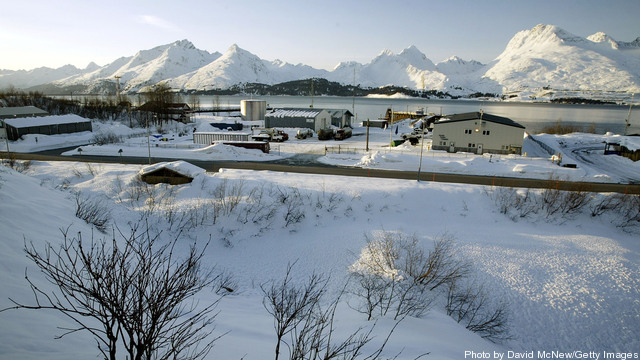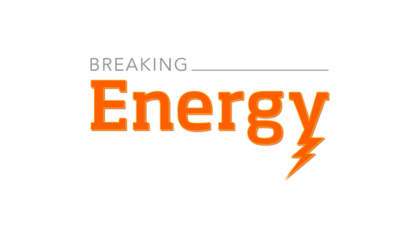
On Tuesday night the House passed a bill mandating a decision on the proposed Keystone XL tar sands pipeline by November 1. This bill is unlikely to pass the Senate and become law, mostly because it would speed us towards a pipeline that could have a disastrous effect on US waters and communities.
What the public wants is better pipeline safety, not acceleration of a pipeline that would threaten the Yellowstone River, the Nebraska Sandhills and the Ogallala Aquifer. The more the public learns, the more concerned they get. It is ironic that in the wake of the Yellowstone River oil spill and on the anniversary of the yet-to-be-cleaned up Kalamazoo River tar sands oil spill, the House would act so contrary to the public concerns about pipeline safety. In fact, to heighten the irony, on Wednesday, the House Energy Committee will discussed a draft pipeline safety bill that would require a study of the impacts of raw tar sands oil such as would be carried in the proposed Keystone XL pipeline. Keep reading →









